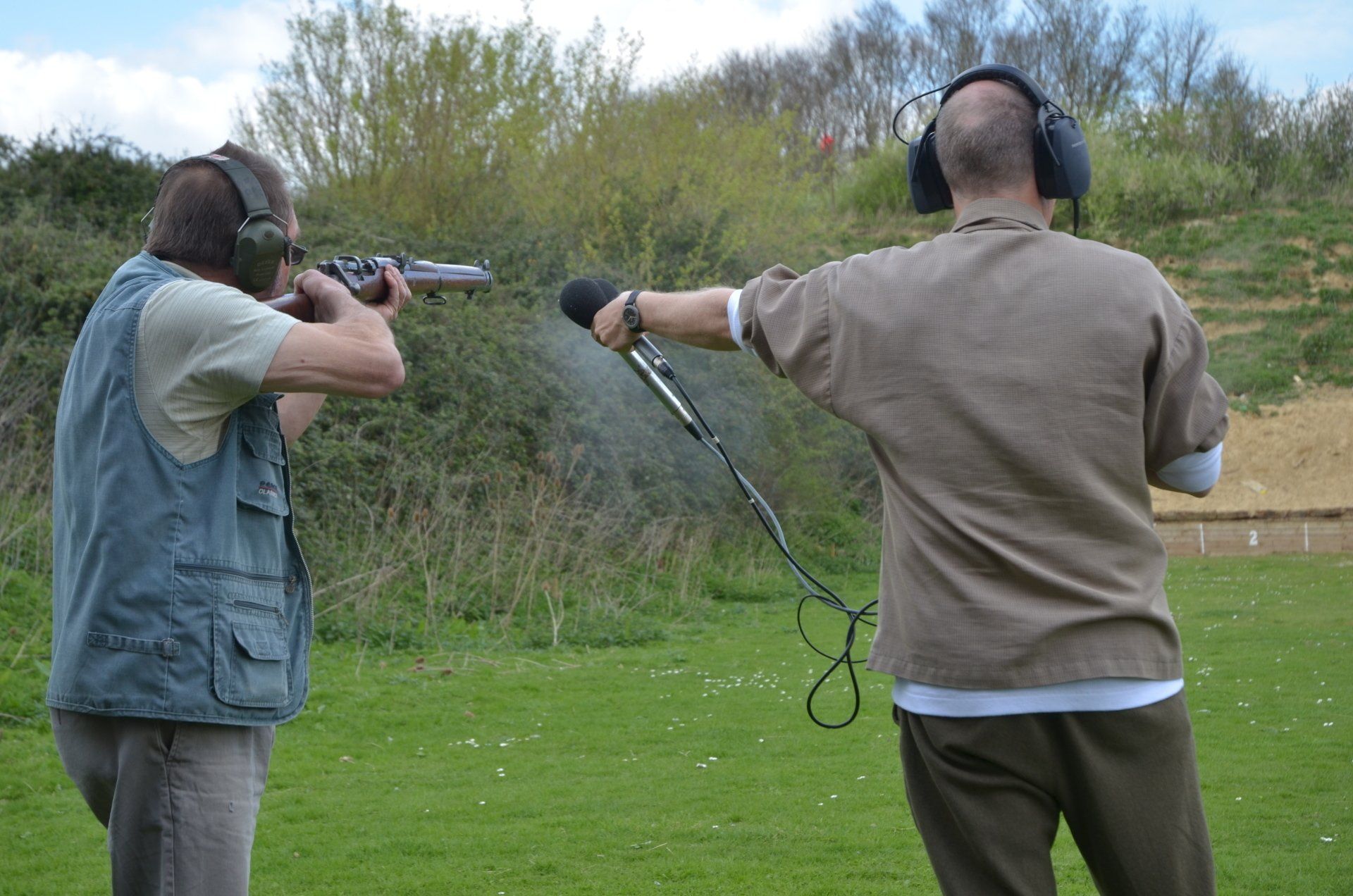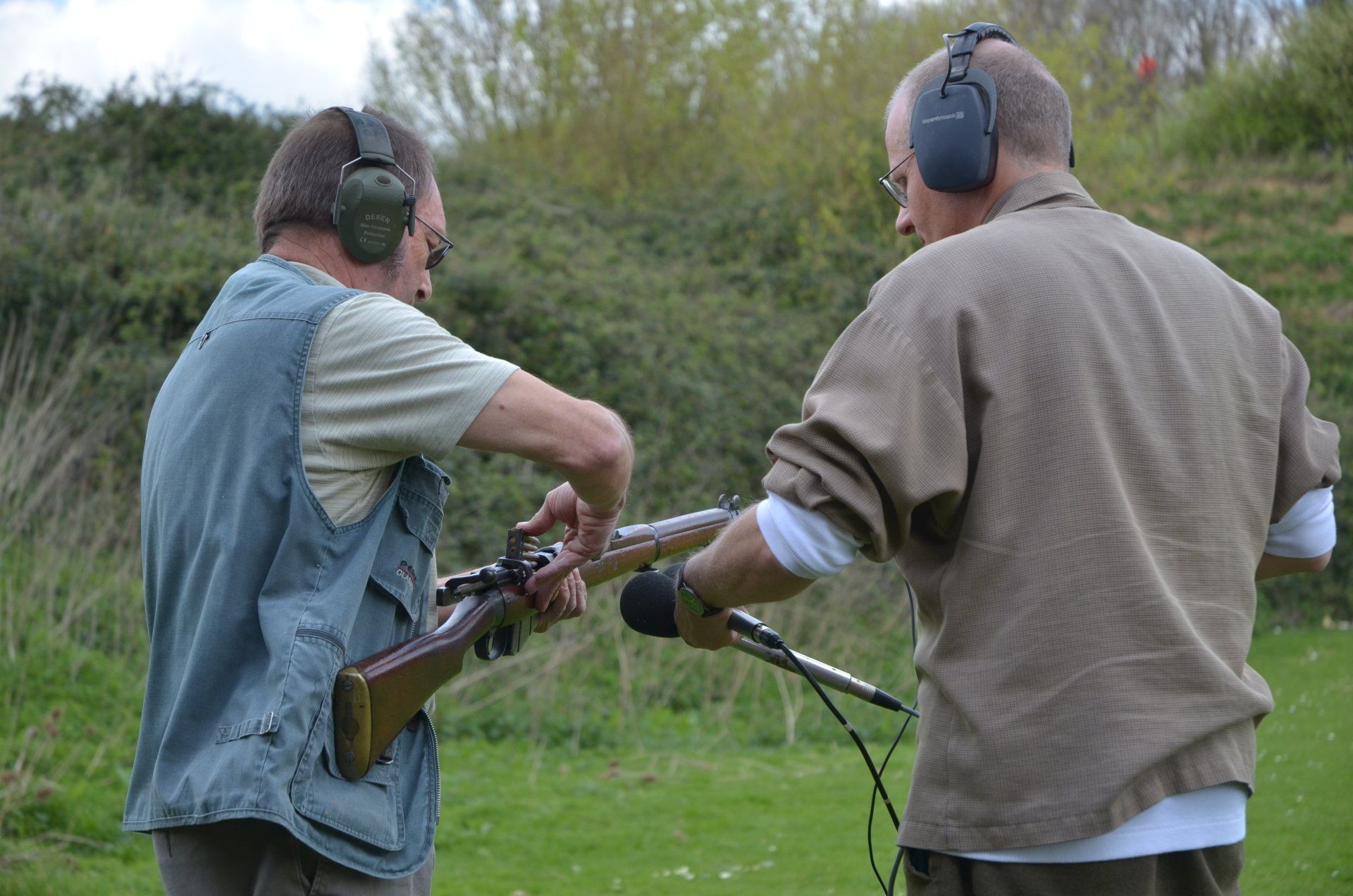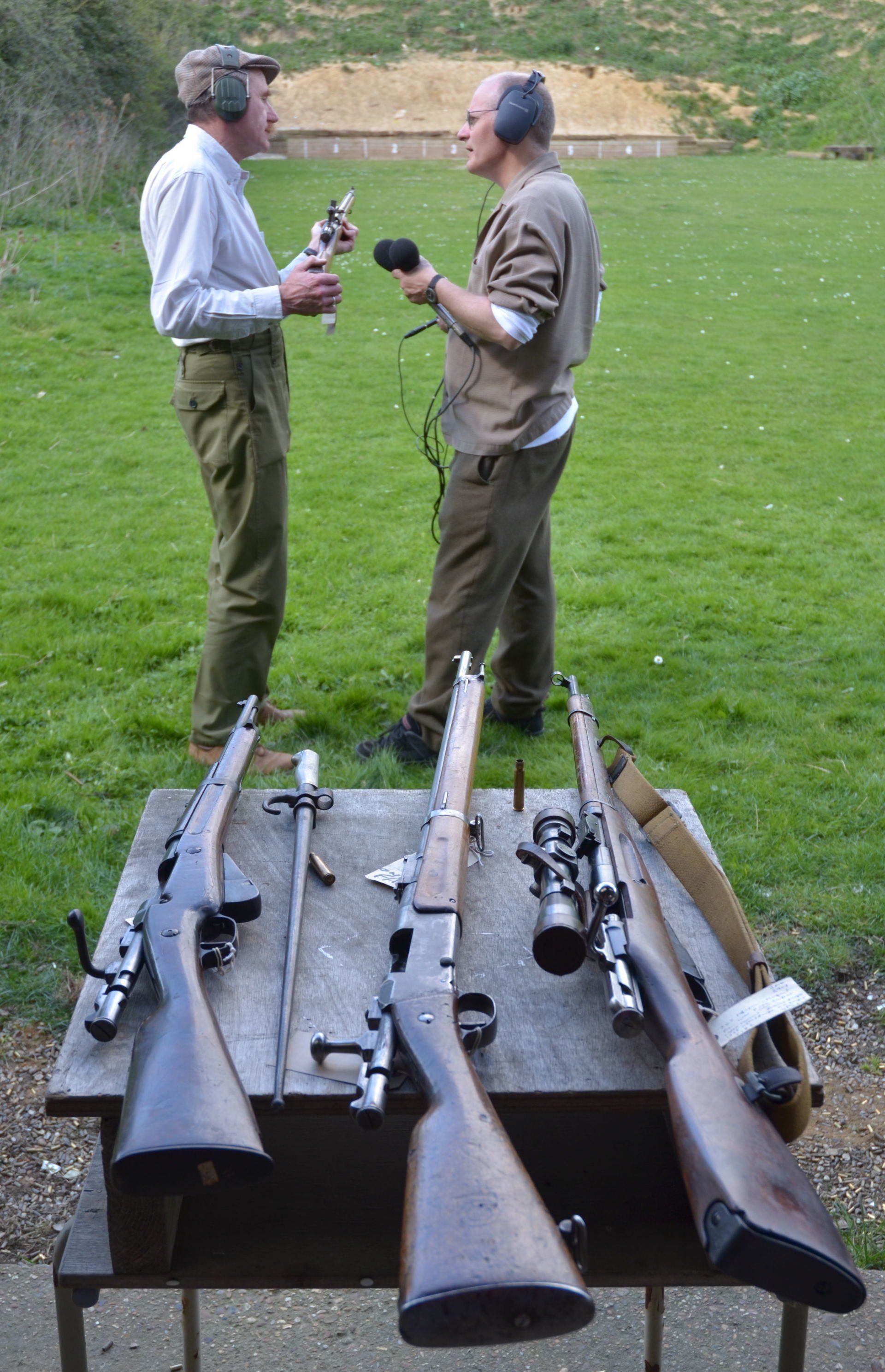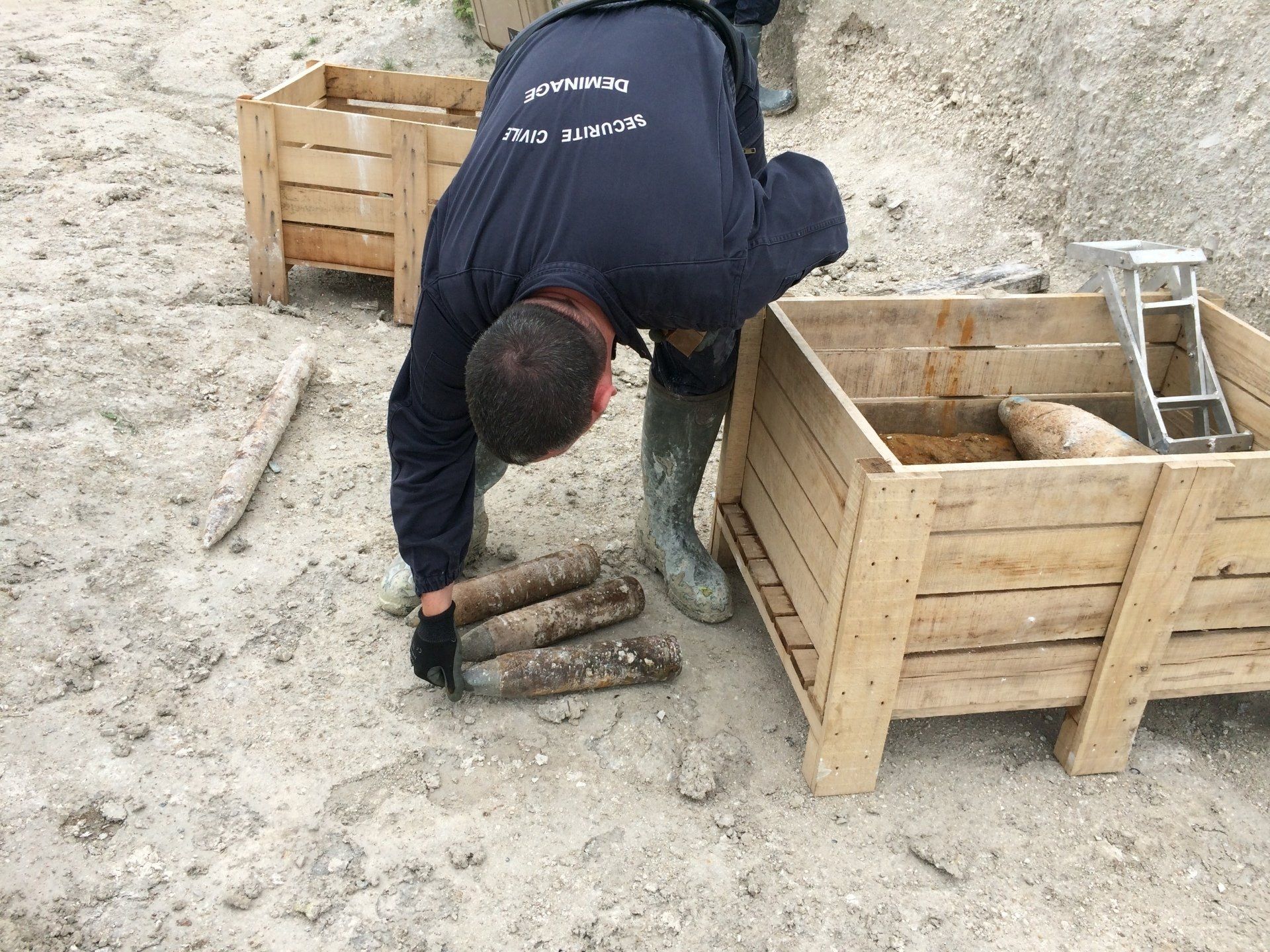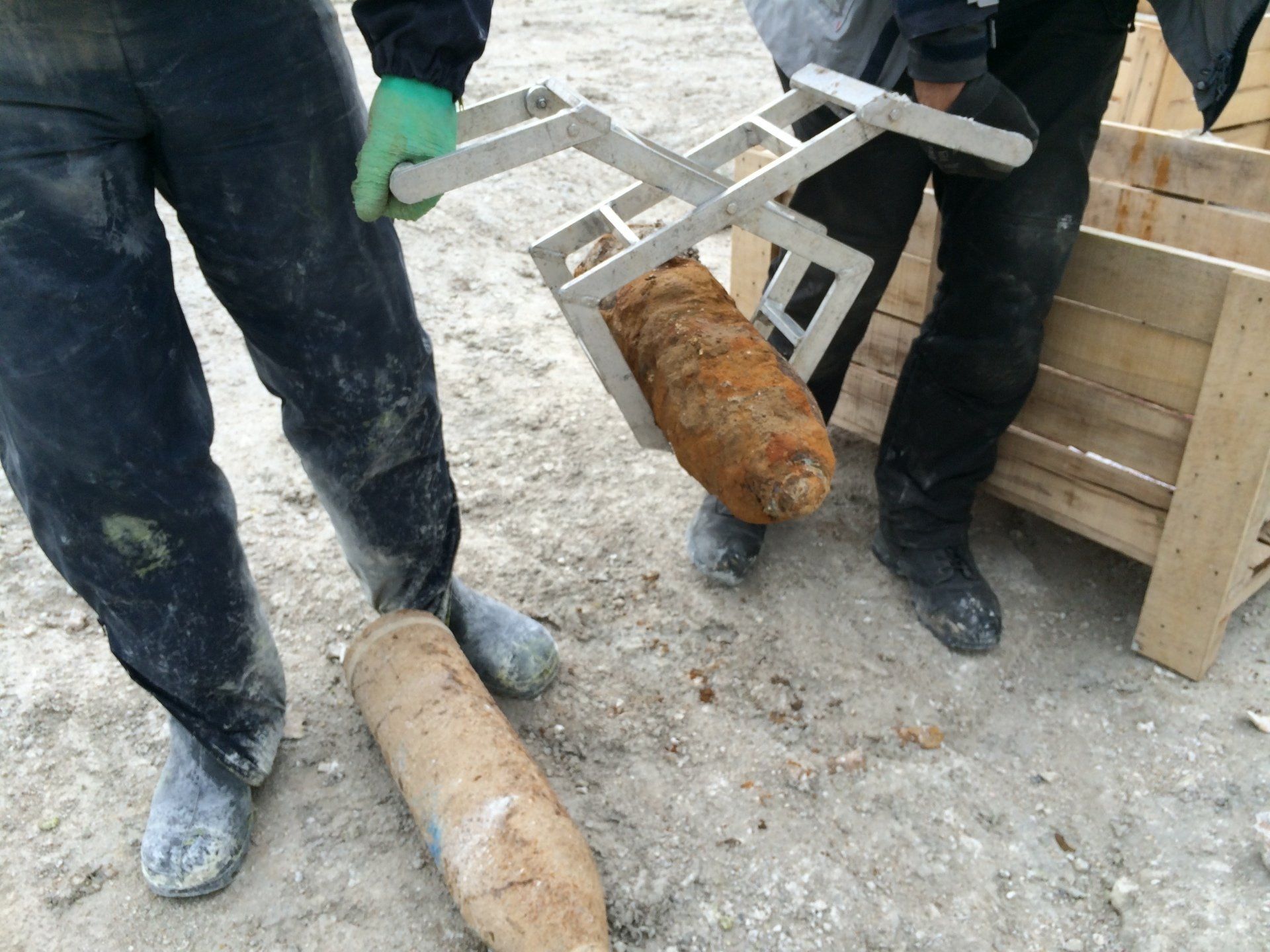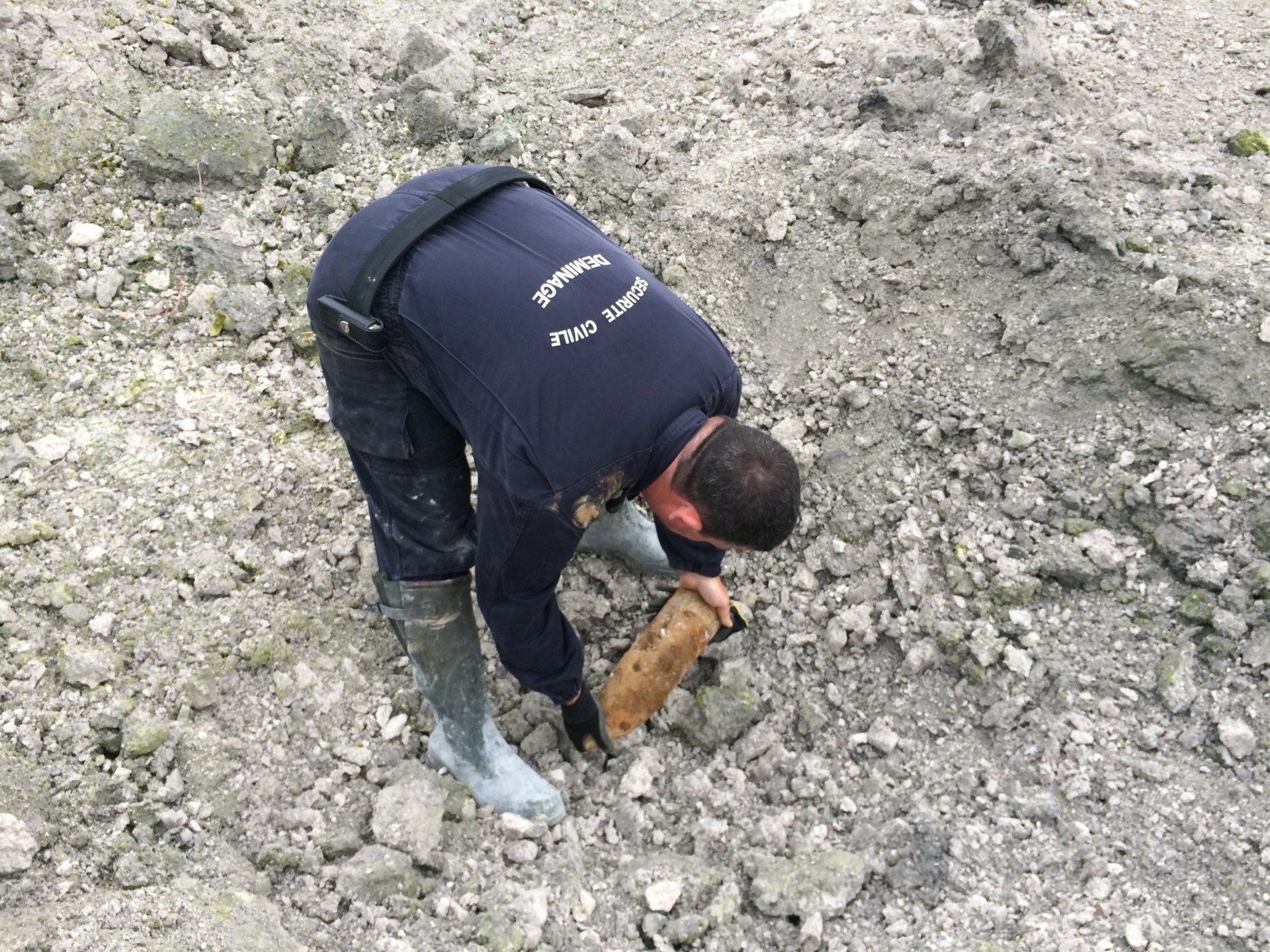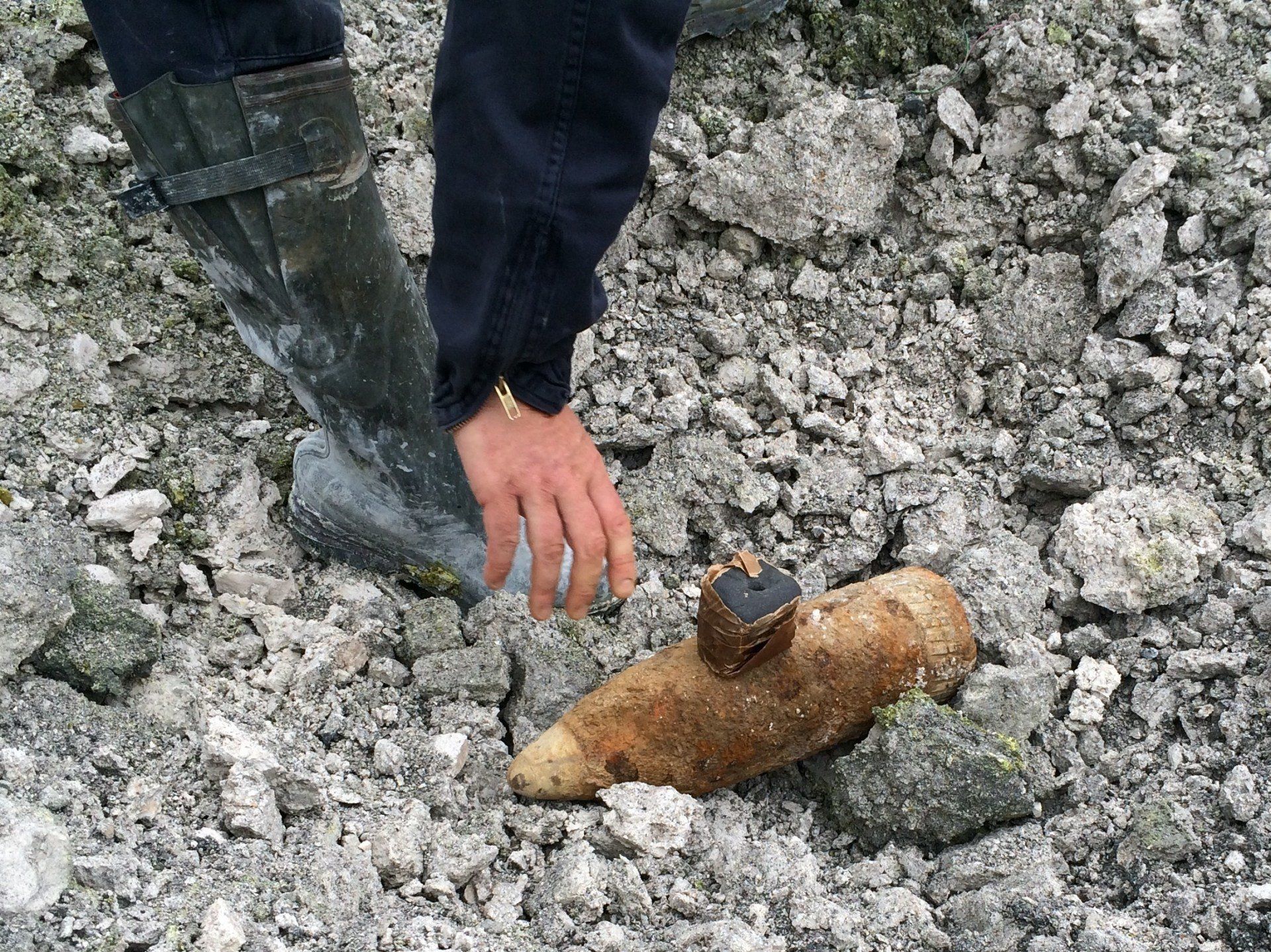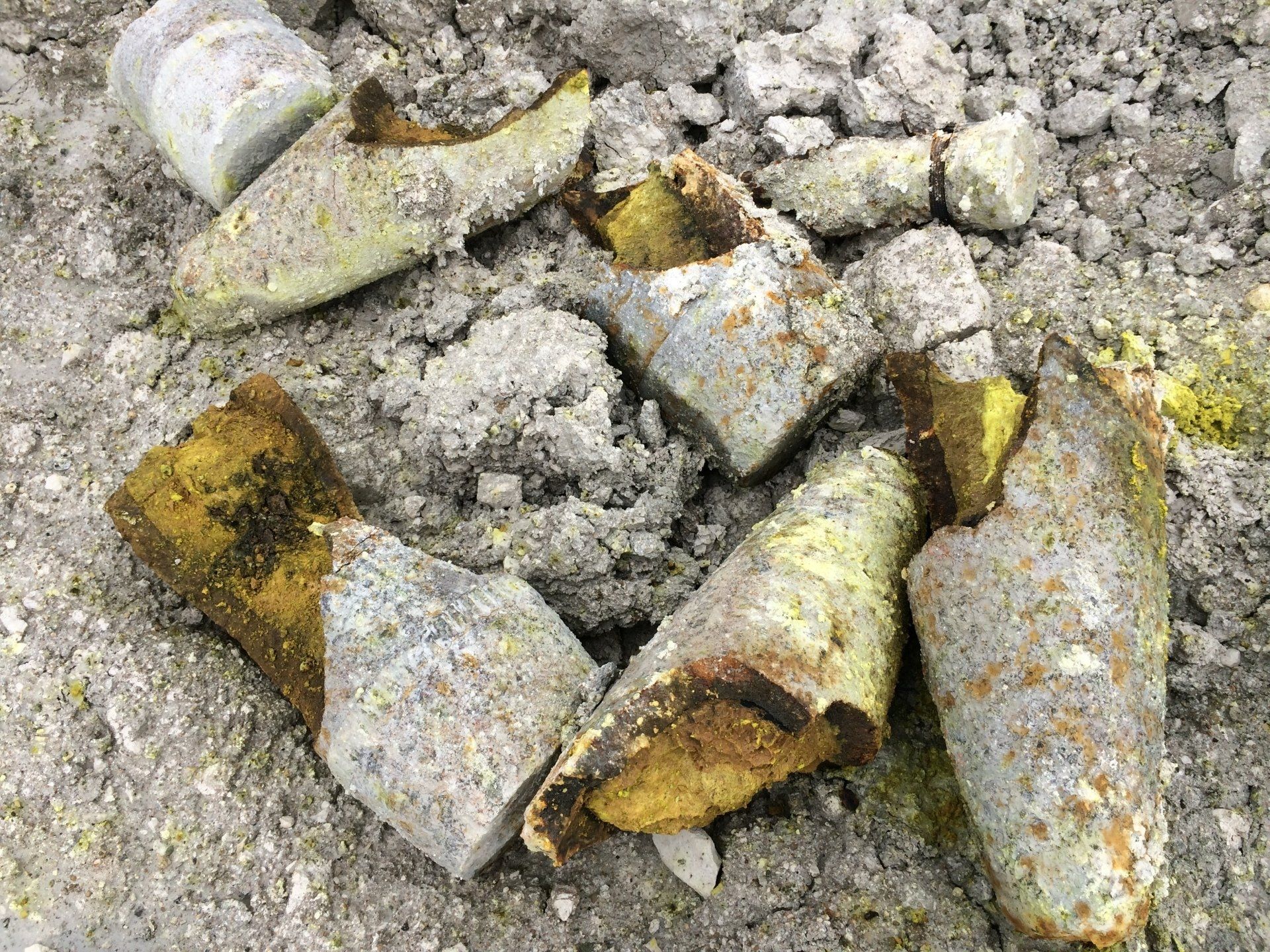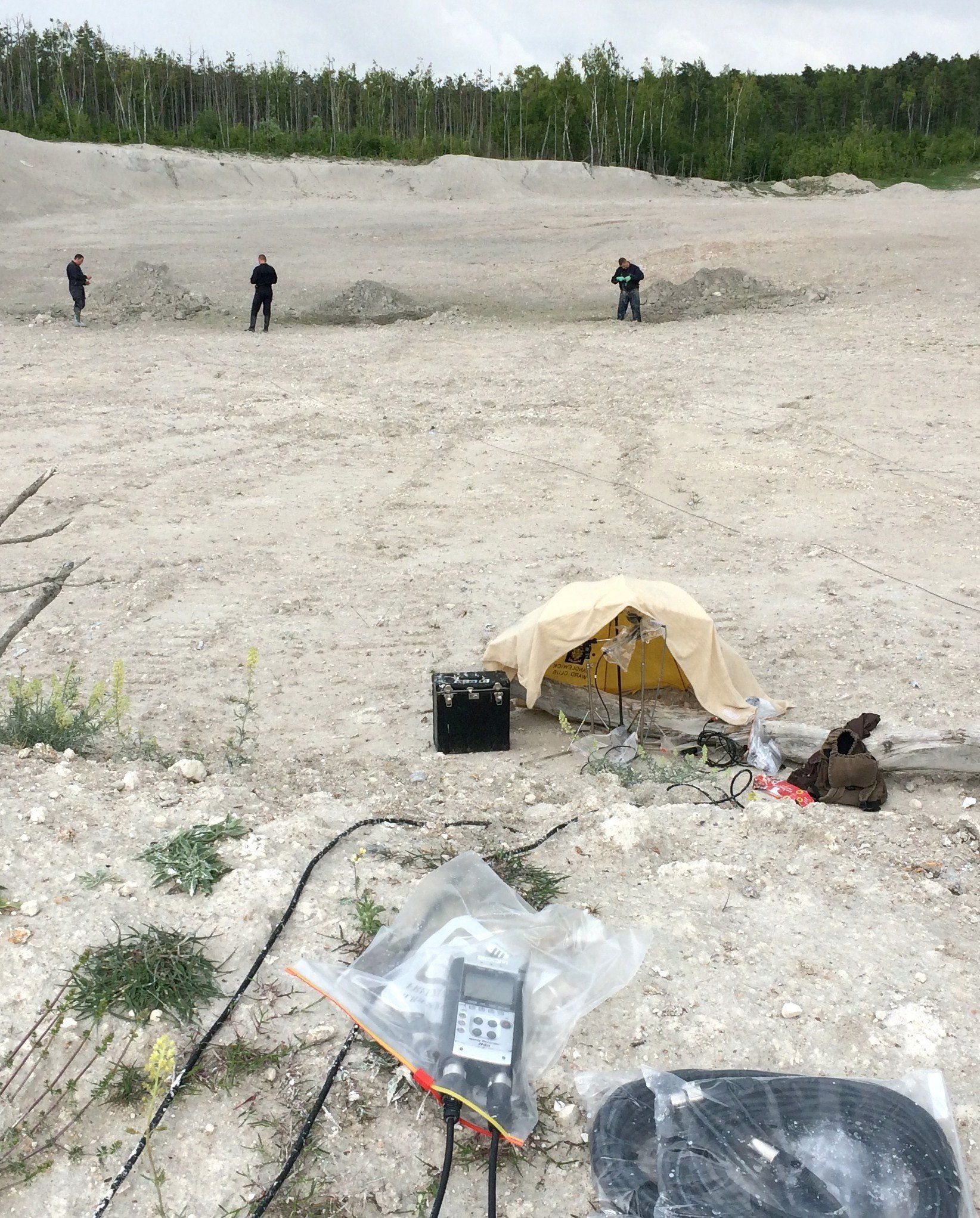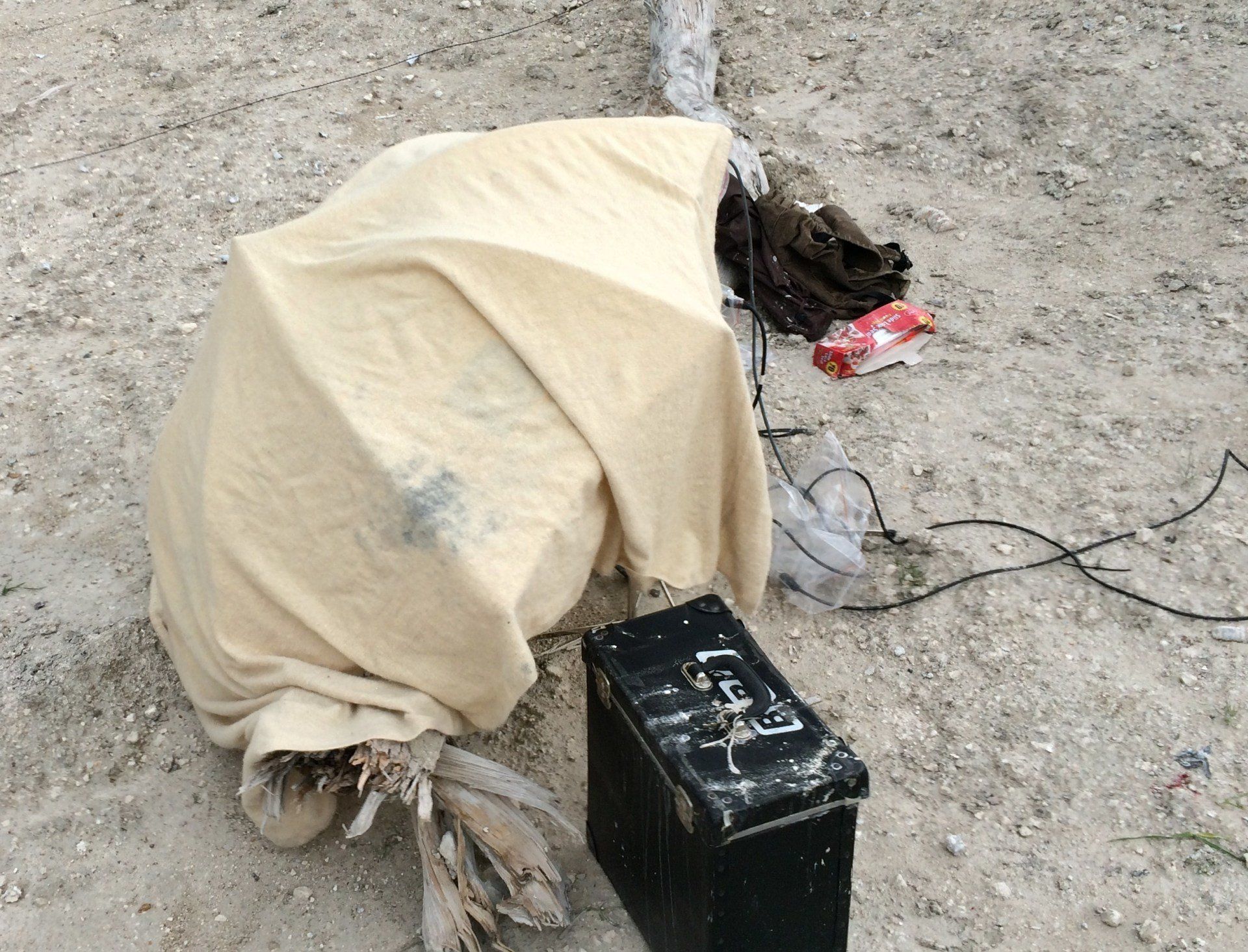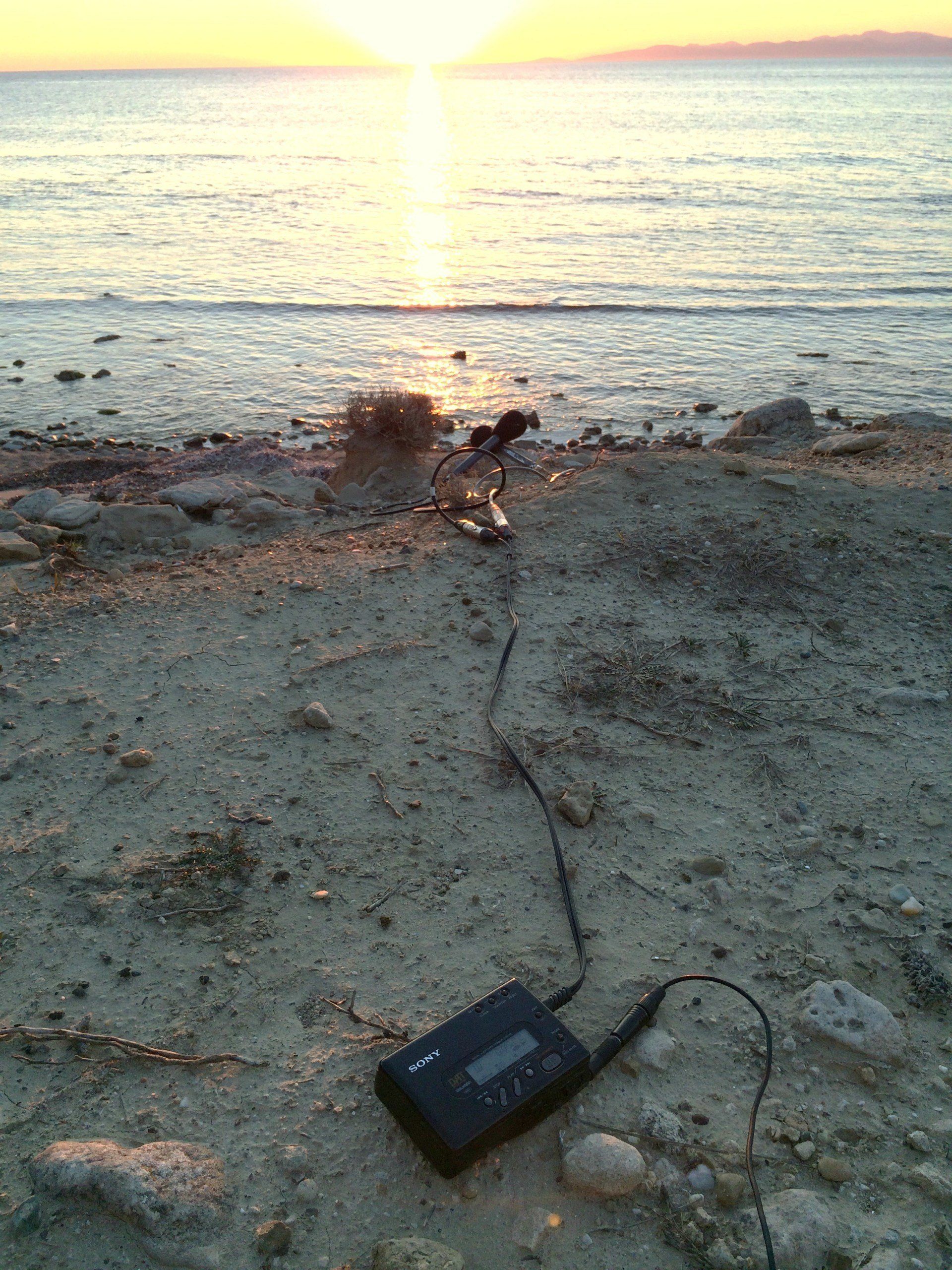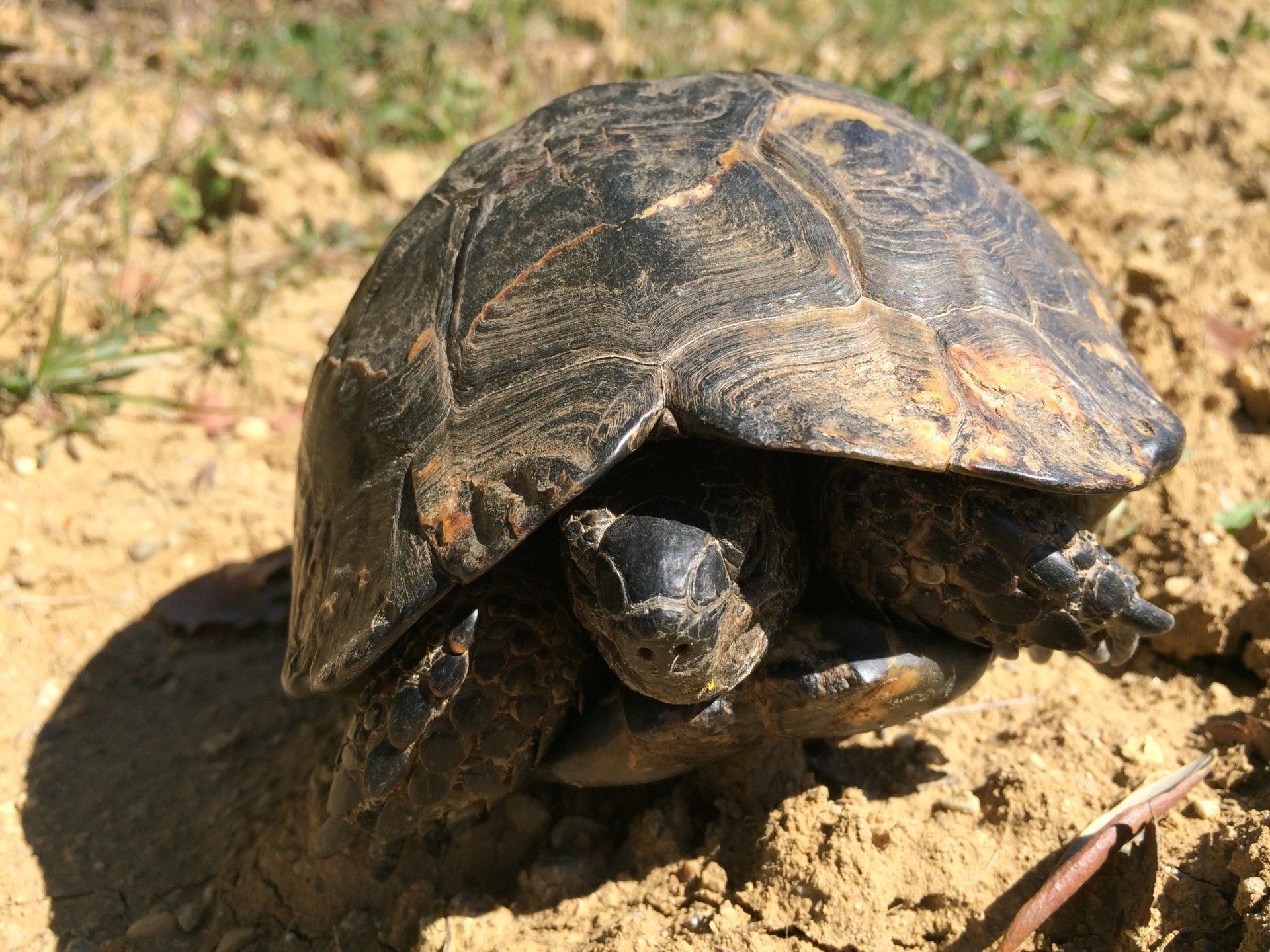The Sound of Battle
1914 in your 2014 ears
The challenge, then, was to find the raw materials to build a soundscape that hadn’t been heard in one hundred years. If it was done right, this was a chance to take the listener to a place where only our forebears had ever been. And because this is radio, not television, the effect could be all the more immersive. One can never reproduce it exactly, of course, but that’s no reason not to try.
The comparatively easy bit was to record the appropriate rifles of the time - not just the Lee-Enfields and the Mausers, but also the Rosses and Moisin-Nagants. No point in just recording rifles needed for 1914, there were future episodes and fronts to be thought about.
So it was off to a local range to see what could be captured. And it was a chance to talk to the experts about the different way each weapon was loaded, handled and fired. Jeff Marshall took these great pictures.
More difficult was to record the sound of the bullets arriving on target and going overhead - this needed a longer range as you otherwise get the sound of it being fired all over the sound of the bullet itself. So recording kit was put at a distance where the bullet was outstripping the speed of sound and a clean recording could be made.
That was done on the same day I got the recordings of a Maxim machine gun, on both the firing and receiving end. No pictures I'm afraid - we were in a tearing hurry to get everything done.
That was done on the same day I got the recordings of a Maxim machine gun, on both the firing and receiving end. No pictures I'm afraid - we were in a tearing hurry to get everything done.
A long morning at the Royal Artillery’s Firepower Museum in Woolwich (which will have sadly closed by the time you read this) secured the sounds of those big heavy breeches on a selection of WW1 artillery pieces.
After some high-level negotiation all the way up to the French Ministry of the Interior in Paris there was a chance to go to their centre on the old Western Front. There the team blew up a wide selection of French, German and British artillery shells that have lain silent for a hundred years. Now you can hear what only our forebears heard.
There were other more peaceful sides to this process too.
Not pictured, the agreeable three course lunch we went for in a superb local restaurant. I paid, which seemed only reasonable. They said I could come any day.
Not pictured, the agreeable three course lunch we went for in a superb local restaurant. I paid, which seemed only reasonable. They said I could come any day.
